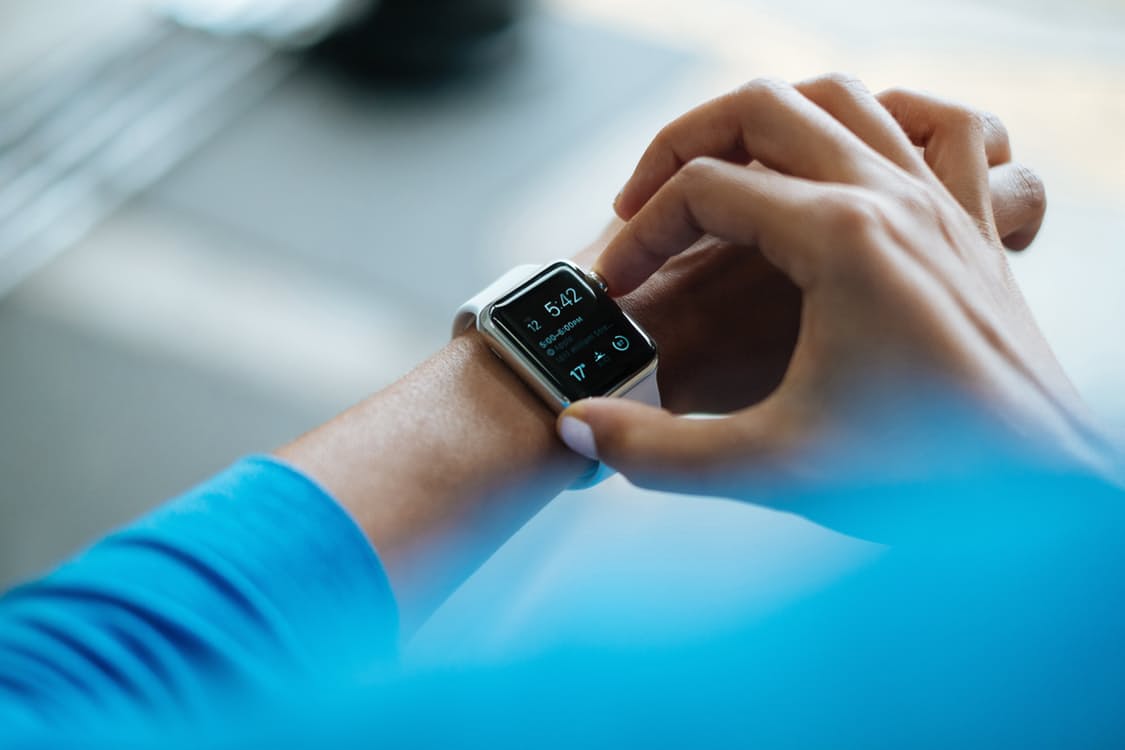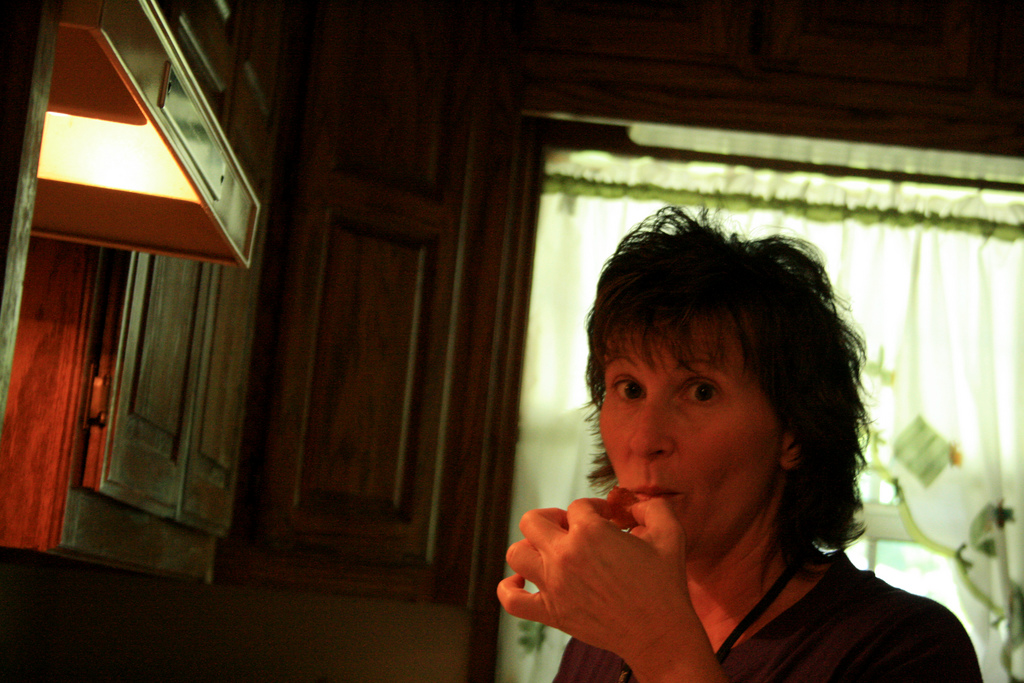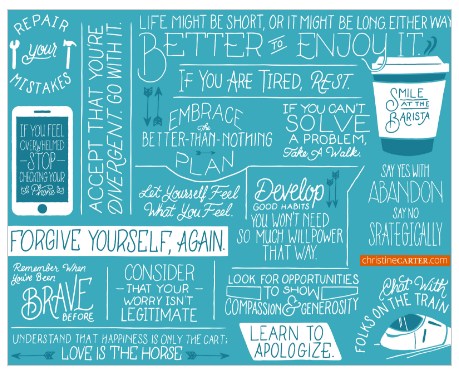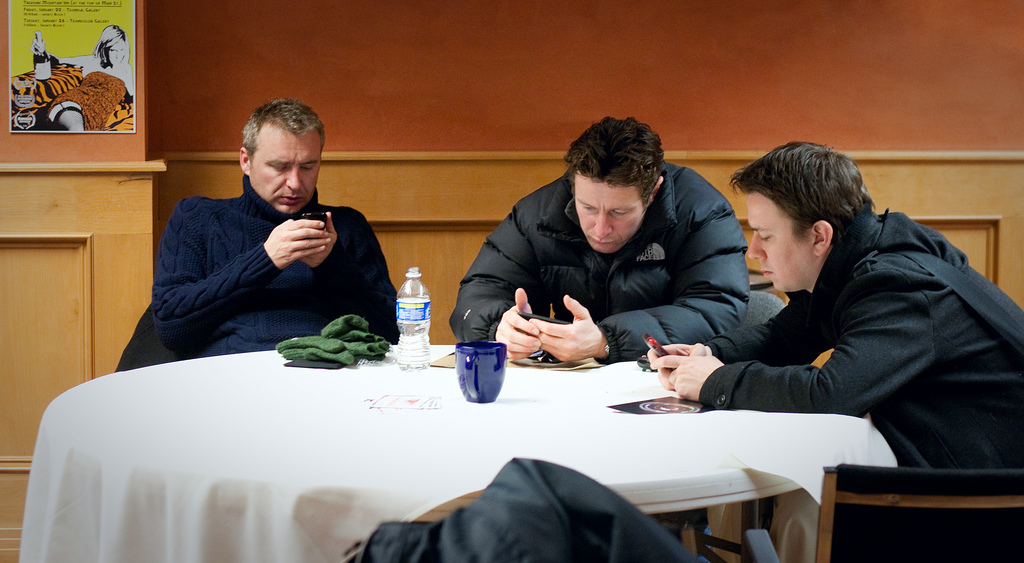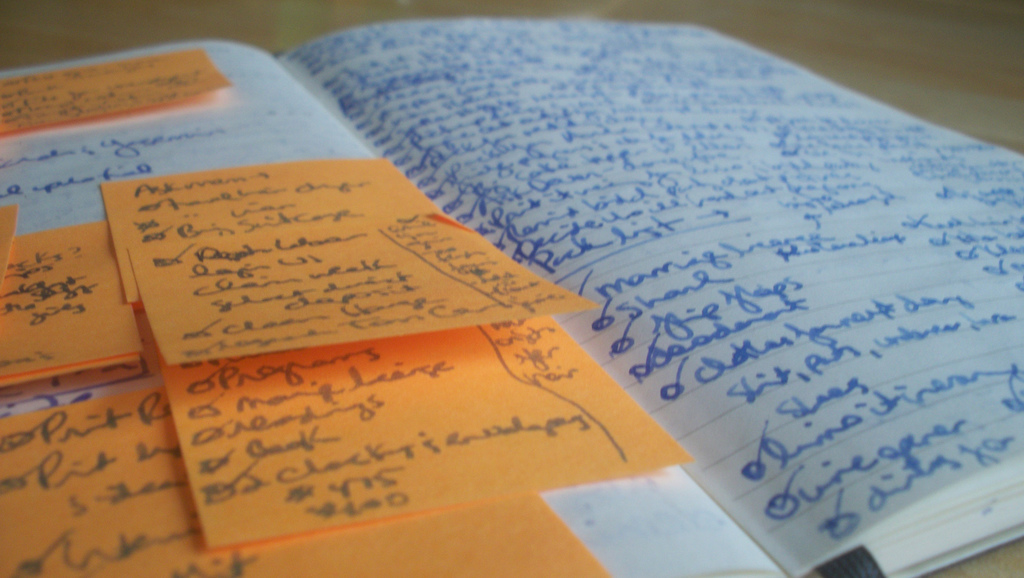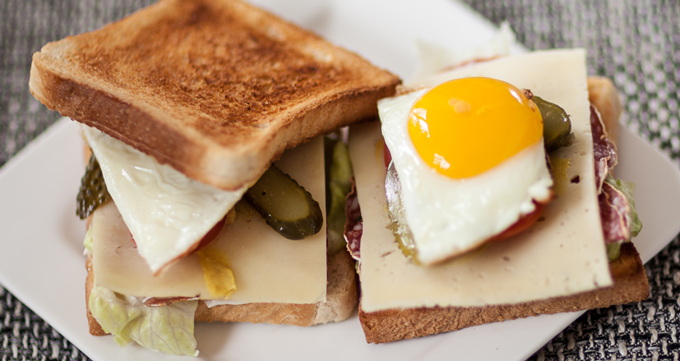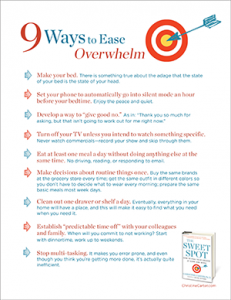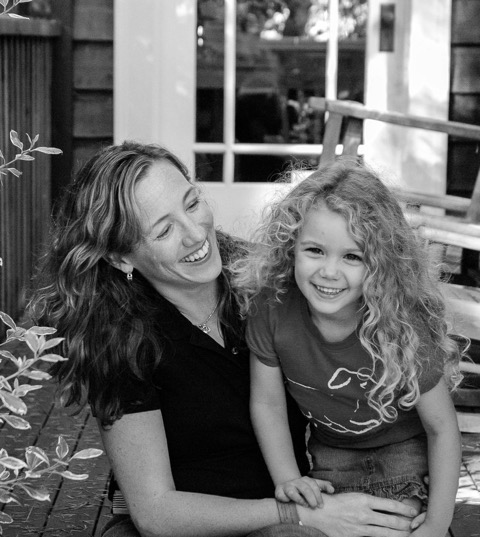 |
 |
| My baby |
Fiona giving her 8th grade commencement talk. (A reminder to me that she’s got this thing — she gave better advice to her friends at graduation than I provide in this article. |
My daughter, Fiona, leaves for school this week. I’m happy and excited for her—and also broken up about it. Although it was always the plan for our kids to grow up and move away, this week, like so many parents who have a child going off to school, I’m consumed by grief.*
I’ve done my best to teach my kids everything I know about finding happiness and fulfillment in life, but who knows when they are really listening? Just in case she missed something, here is a list of the principles I hope Fiona takes with her to school.
1. Make kindness the central theme of your life. Look for opportunities to show compassion and generosity. Don’t be tricked into thinking that happiness will come from getting what you want; happiness comes from giving, not getting. When you’re feeling down, help someone else.
2. Tolerate discomfort. Have the difficult conversations. Let yourself truly notice when other people are suffering. Do the right thing even when the right thing is hard. You are strong enough.
3. Live with total integrity. Be transparent, honest, and authentic. Do not ever waiver from this; white lies and false smiles quickly snowball into a life lived out of alignment. It is better to be yourself and risk having people not like you than to suffer the stress and tension that comes from pretending to be someone you’re not, or professing to like something that you don’t. I promise you: Pretending will rob you of joy.
4. Let go of what other people think of you. Another person’s opinion of you is their business, not yours. Great leaders are often criticized. Especially ignore critics who seem delighted when you stumble.
5. Invite constructive criticism from the people who want the best for you. Other people offer us a different view; we need their broader perspective to grow and improve.
6. Accept that well-meaning and loving people will sometimes give you bad advice. You’ll know when something isn’t right for you because you’ll feel it in your body. Our unconscious mind is our best source of intelligence, but it communicates through intuition and bodily sensations, not words. Learn how to read your “body compass.”
7. Know the difference between legitimate and not-helpful fear. Legitimate fear, like terror in the presence of a dangerous person, makes us want to get the heck out of whatever situation we are in. When you feel legitimate fear, run like the wind. Not-helpful fear, on the other hand, makes ushesitate rather than bolt. (Like when we are afraid of looking stupid and so don’t ask an important question.) Ignore your hesitation. As Maria Shriver wrote in And One More Thing Before You Go, often “anxiety is a glimpse of your own daring … Whatever you’re afraid of–that is the very thing you should try to do.”
8. Your relationships with your family and closest friends are always more important than any achievement. Prioritize accordingly.
9. When you hurt someone, apologize. Even if you didn’t intend to hurt that person, or you think they are over-reacting.
10. Look people in the eye. Chat with people in elevators and in line at the store. Look up. Smile.
11. Develop a strong handshake. Try to connect with people in your first interaction, to make them feel your delight in them (even if you are scared to death).
12. Hug people liberally. Even people you’ve just met. People are stressed. They need more love. Don’t withhold it.
13. Don’t compare yourself to others. When we get caught in a web of thinking that we are better or worse than others, we usually end up depressed, anxious, and insecure. If you notice that you are comparing yourself to others, try asking yourself these questions: What do I appreciate about those people? How can I connect with or learn from them? How can I add value to their lives?
14. Develop good habits; you won’t need so much willpower that way.
15. Don’t wear uncomfortable shoes, even if everyone else is doing it. High heels are the cigarettes of the future; they are bad for your health and they get you in the habit of ignoring pain in order to look good to others, which is never a good idea.
16. Let yourself feel what you feel. When we feel stressed out (or sad, or disappointed), we live in a world that offers many ways to numb those negative feelings–to not really feel them. But to honestly feel the positive things in life—to truly feel love, or joy, or profound gratitude—we must also let ourselves feel fear, and grief, and frustration. Your emotions are how your heart talks to you, how it tells you what choices to make. Practice listening to your heart. This is the way to know who you are and what you want.
17. Train your brain to see the positive in your life by keeping a gratitude journal.
18. Don’t believe everything you think. If a thought is stressing you out, it is probably untrue.
19. If you feel overwhelmed, unplug. Create times and places in your life every single day where you are free from technology.
20. Make your bed, and keep your room clean. The state of your bed is the state of your head. The outside tends to match the inside.
21. Know when and how to say “no.” That way, you’ll feel more joy when you say “yes.”
22. Chase meaning, not happiness. What purpose or value does your work and your passion have for other people? If you don’t know, find out.
23. Focus on the journey, not the achievement. Instead of wishing you were somewhere else, or saving your happiness for when you get where you are going, enjoy where you are. Right now. You are always already right where you need to be.
24. Remember that talents are actually skills. “Talent” comes from hard work, passion, and great coaching or teaching.
25. Give people the benefit of the doubt. When someone does something hurtful or annoying, consider the idea that it isn’t about you. Practice compassion and empathy by putting yourself in the shoes of others.
26. Make mistakes. In the classroom, in your relationships, on the athletic field, at parties, at home. We learn stuff from our mistakes that we couldn’t learn any other way.
27. When you make a mistake, don’t beat yourself up about it. Self-criticism makes us depressed, and much more likely to make the same mistake again. Instead, remind yourself that mistakes make us human. Feel compassion for your suffering. It can feel really awful to make a mistake. It’s okay to feel awful–to feel frustrated, embarrassed, guilty, disappointed, etc. You can handle these feelings.
28. Repair your mistakes. Use them to become a better person.
29. Love what is. Wishing to be older or younger, wanting other people to be different than they are, wanting it to be sunny when it is raining–this is fighting with reality, and it is a futile and frustrating pastime.
30. If you are tired, rest. Working 24/7 will get you nowhere fast. (Trust me, I’ve tried this.)
31. Remind yourself that more is not necessarily better. Do this especially if you are worried that you won’t have enough of something, if you feel like you don’t have as much as others, or if you are feeling ungenerous with your belongings or your time. Many of your peers will spend their time striving for more: more money, more likes on Instagram, more clothes, more popular or important friends, more prestigious schools. But as they accumulate more, odds are, they’ll just want more! True abundance is not a quantity of something; it is a quality of life, a feeling of sufficiency. When we step back from the idea that more might be better, often we see that we have enough to share.
32. Surround yourself with people and situations that make you laugh uncontrollably. Laughteris heaven on earth.
* Fiona is going to boarding school for 9th grade. This is at once terrible and wonderful. Even though I went to the high school she’ll be attending (The Thacher School), and I’ve served on its board for nine years, I’m really having some hesitations about all this going away business. But then I remember: I had an incredible experience at Thacher that I would never dream of depriving Fiona of, especially just to satisfy my own selfish desire to keep her home. Still.
 beyond the “maximum tolerated dose,” the level at which an activity (or drug) becomes toxic and starts causing an adverse reaction.
beyond the “maximum tolerated dose,” the level at which an activity (or drug) becomes toxic and starts causing an adverse reaction.
